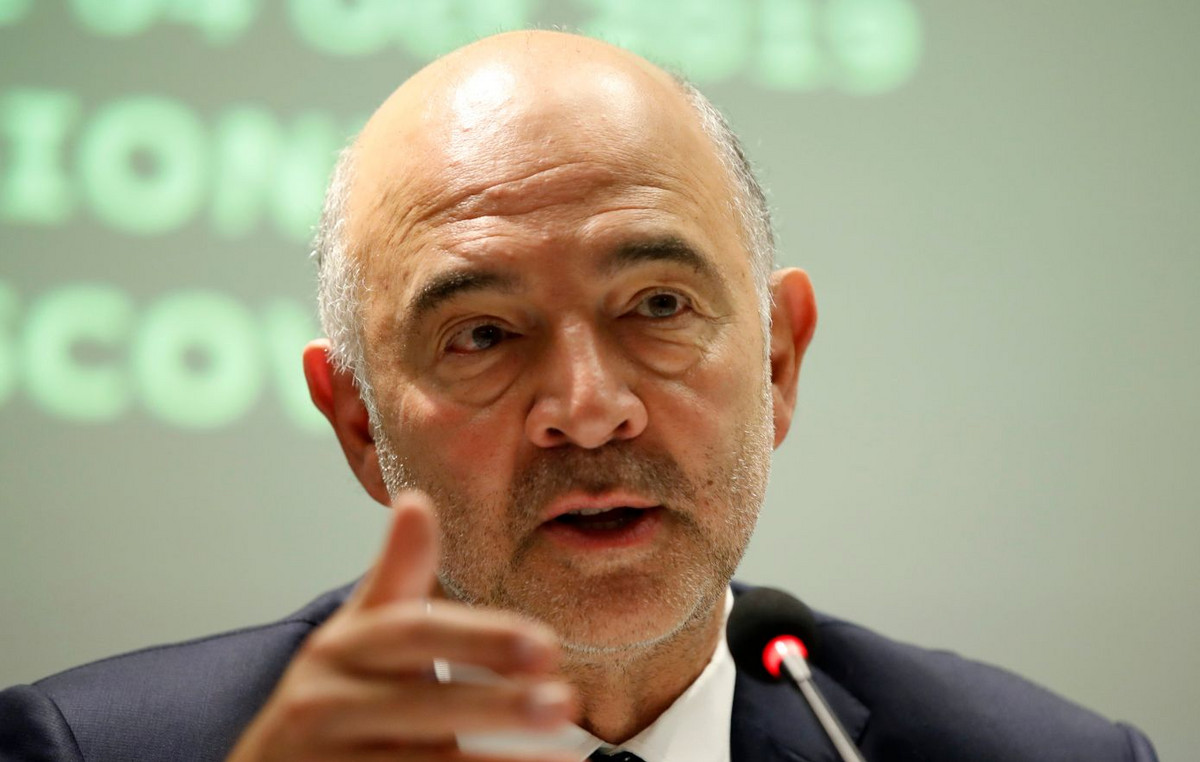According to Neil Bergquist, with rising inflation and economic uncertainty, Bitcoin is becoming a viable alternative to traditional assets, including gold. One of the key aspects is the limited supply of coins combined with increasing demand, which has led to a significant increase in the BTC price over the past decade. Unlike traditional currencies, Bitcoin is not subject to the whims of state monetary policy, so the first cryptocurrency is safer for investors in times of economic instability, the businessman explained.
“Imagine the supply of US dollars increased by 100% overnight. Rampant inflation inevitably set in, eroding the purchasing power of every dollar in circulation. Now imagine another scenario: the supply of Bitcoin doubles and there are an additional 21 million coins. The last option is simply impossible! This rule is hard-coded into the Bitcoin blockchain and cannot change. While the US Federal Reserve is able to manipulate fiat currency, influencing the economy and controlling interest rates,” the Coinme executive was indignant.
In the long term, the value of Bitcoin will increase due to its adoption by institutional investors, the CEO of Coinme believes. Bitcoin ETFs launched by BlackRock and Fidelity have allowed large companies to use Bitcoin as a store of value in what Bergquist calls a Bitcoin IPO.
According to the Coinme CEO, BTC still has to fight misconceptions that it has no practical use cases and that the first cryptocurrency is susceptible to cyber attacks and fraud. Bergkvist emphasized that communication with regulatory authorities will help solve these problems and ensure transparency in working with cryptocurrencies.
Last year, the US Securities and Exchange Commission (SEC) fined Coinme, accusing the company of misrepresenting information to investors in its initial token offering, UpToken. Bergquist personally paid the department $150,000.
Source: Bits
I am an experienced journalist, writer, and editor with a passion for finance and business news. I have been working in the journalism field for over 6 years, covering a variety of topics from finance to technology. As an author at World Stock Market, I specialize in finance business-related topics.







